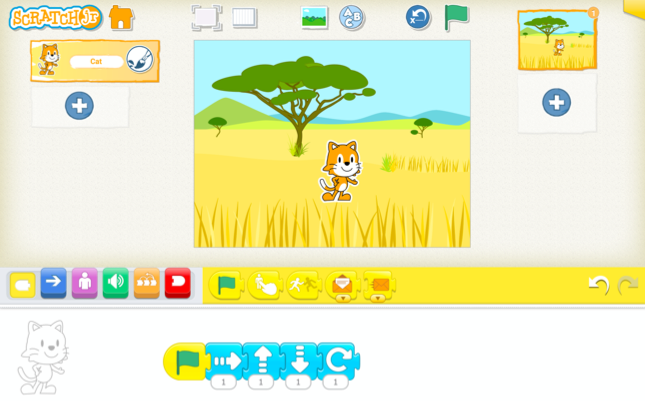Reviewing the content of this week, I appreciated how Luke’s post touched on the convenience factor offered by summative assessment; exams and test are popular as they take little time to put together and provide a numerical value of how proficient a student might be in a particular subject area (2021). However, oftentimes in the process of assigning numbers to students, the actual learning taking place is compromised. To share a personal experience, all throughout my schooling I was considered a “good” student who studied and received a mark that reflected this, my motivation being to stand out to my instructors and eventually higher education facilities. However, this was not teaching me to actually engage with the material, but instead memorize and recite. I’ve seen lots of posters in classroom walls saying that “mistakes are proof that you are trying,” but this doesn’t necessarily hold true if we aren’t giving students opportunities for improvement. Thus, formative assessment can be a game changer, as its aim is to give constructive feedback so that students can make these improvements before jumping into evaluation (Richards, 2021). Specifically, there is no pressures of grades – just the best interest of the learner (Richards, 2021).
In fact, Black and Wiliam’s article talks about how dialogue, one method of formative assessment, shifts a teacher’s role from an evaluative one to an interpretive one, meaning that rather than looking for a correct response, they are paying attention to a student’s reasoning to find gaps in their understanding that can be fixed (2014).
Ross Greene similarly addresses this topic related to helping students succeed by explaining why its critical to approach teaching with the simple philosophy: “kids do well when they can” rather than” kids do well when they want to” (2010). In this way, educators can determine what is getting in the way of a learner’s ability to master a skill, rather than try to make kids “want to,” master it, which typically involves the use of rewards and punishments that can hinder intrinsic motivation to learn (DrRossGreene, 2010). I love this phrase as in challenging situations it helps me to consider external dynamics and put things into perspective, as well motivates me to channel any frustration into finding a solution to the problem at hand.
Moving forward to gamification and game-based learning, although I love the intention behind these approaches in making learning “fun,” I think for me competitiveness is a concern, as I wonder if it would detract from the actual learning. For example, I was a nanny last summer, and one of the young, grade one-aged boys that I was looking after decided to hit options on the screen of the math game Prodigy at random, as this took him less time then solving the problems – he just wanted to “win” and beat his brother, defeating the actual educational purpose. I also am a bit skeptical as my hope as a future teacher would be for students to be naturally curious and explore their own interests, rather than be incentivized by a game. I recognize that this a perfect-world situation though, and could maybe use games as a start. One “gamification” app that I became familiar with in EDCI 336 is Scratch Jr., which introduces young kids to coding by having them create story scenes and manipulating the movements of characters, with lots of flexibility in colour choice and visuals. This is a great entry point for students; it requires them to use problem solving and computational skills to develop an awareness of how “real world” and practical concepts function, fostering a more inquisitive mind.

References.
Black, P., Wiliam, D. (2014) Assessment and the Design of Educational Materials. Educational Designer, 2(7).
http://www.educationaldesigner.org/ed/volume2/issue7/article23/
DrRossGreene. (2010, Sep 10). Kids Do Well if They Can Ross Greene #1 [Video]. Youtube. https://www.youtube.com/watch?v=jvzQQDfAL-Q
Richards, J. (2021). Assessment of Active and Passive Learning and Using Multimedia Tools in Game-Based Learning Learning. https://edtechuvic.ca/edci335/what-is-learning/https://edtechuvic.ca/edci337/2021/06/12/6-topic-assessment-of-active-and-passive-learning-and-using-multimedia-tools-in-game-based-learning/
Leave a Reply
You must be logged in to post a comment.